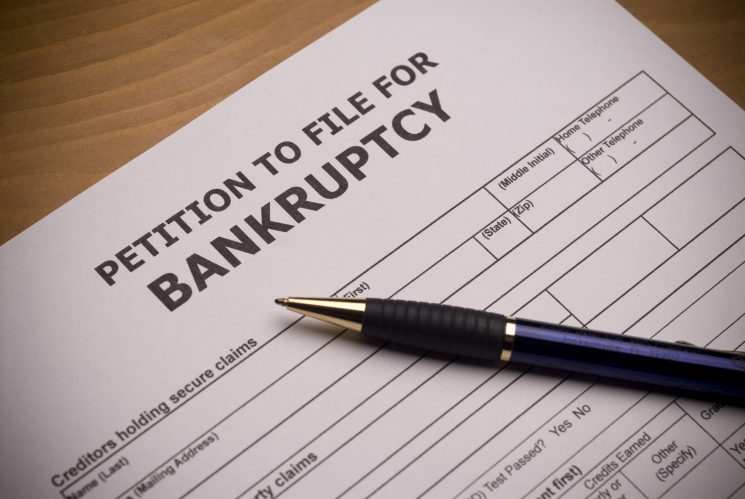Mr. Richard Michael Phillips, 64, of Colchester, was subjected to a bankruptcy order after the liquidator of his previous company filed a petition against him in 2013. This order follows a 7-year disqualification order that had been made against him a few years earlier, in 2009. Mr. Phillips, who used to own a night club, was given a rather long bankruptcy restriction, for a period of 12 years, after it was verified that he had dishonestly given assistance and committed breach of trust by not only receiving, but also distributing proceeds from a fraudulent sale of property. These proceeds amounted to £565,000. The proceedings were initiated by the defrauded buyers. Mr. Phillips had agreed to pay them £75,000, but this sum was not paid. As a result, this debt had materially contributed to his bankruptcy.
Through the investigations of the Insolvency Service, the case was then taken to the court as well. Mr. Phillips was bound by the restrictions set out in the Insolvency law, until he was discharged from bankruptcy. Moreover, he could not manage or control any company during such period.
The investigation carried out by the liquidator concluded that there was a total deficiency of £1.8m. £1.69m of these were owed to the liquidator. This led the liquidator to present a petition. There was evidence that Mr. Phillips had received proceeds of £565,000 from a fraudulent sale of a property on the 9th June 2011. He had then distributed these to various parties. He had paid £98,000 to a member of his family just the day after he got this money, as well as £200,000 to a third party company. . He had also made considerable withdrawals of cash. Later, on the 16th June of the same year, the defrauded buyers discovered what had happened. Their solicitors asked Mr. Phillips for a reimbursement, but he failed to do this. After court proceedings, where the parties agreed to an order being made, he was asked to pay the defrauded buyers £75,000, but he did not pay these either.
Cases such as this one are investigated by the Insolvency Service. Bankruptcies and compulsory liquidations often include elements of fraud and other illegal conduct. It is important that the reasons behind these cases are investigated. In fact the main aim of the Insolvency Service is to establish why they became insolvent in the first place. Confidential fact-finding investigations may often need to be carried out in such cases. The agency not only authorises and regulates the insolvency profession, but also handles directors’ disqualifications, and provides investment and banking services for bankruptcy and liquidation. In cases, such as this, when the conduct of the bankrupt is considered as being dishonest in some way or another, the facts will be reported to the Court and a Bankruptcy Restrictions Order will be made. The bankrupt will then be subjected to various restrictions set out by the insolvency law.





